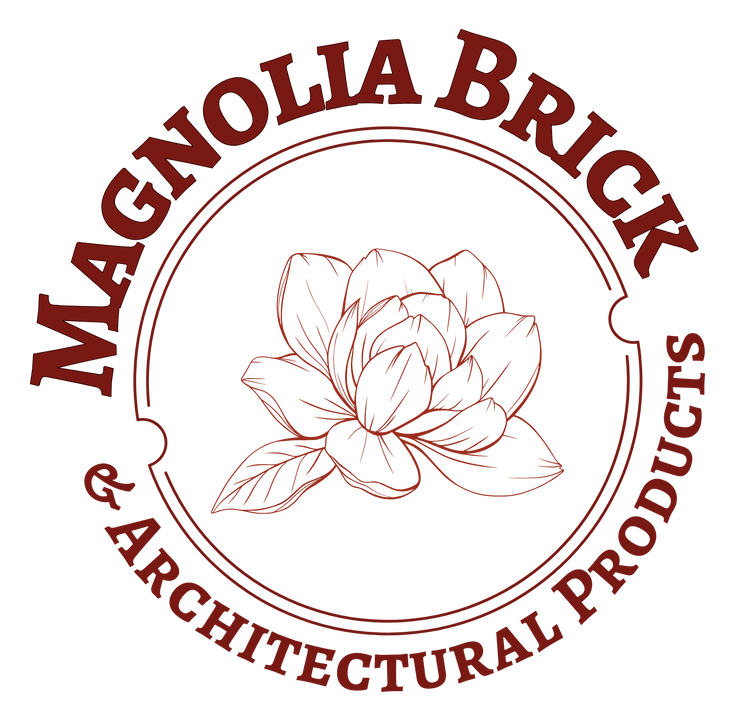Bricks have been a fundamental building material for centuries, offering durability, versatility, and aesthetic appeal in construction projects worldwide. Understanding the supply chain of bricks is crucial for the construction industry, as it plays a pivotal role in building sturdy structures and architectural marvels.
Manufacturing Process: Bricks are primarily made from clay, shaped into blocks, and fired in kilns to achieve strength and durability. Modern manufacturing techniques also include fly ash, sand lime, and concrete bricks, providing a range of options for construction needs.
Raw Material Sourcing: The quality of bricks depends on the quality of raw materials. Clay, the primary component, is sourced from deposits ensuring the right composition for producing durable bricks. Quality control measures at this stage are critical.
Production Capacities: Brick manufacturing plants vary in size and production capacities. Larger facilities can produce bricks in bulk, catering to the demands of extensive construction projects, while smaller plants might focus on specialized or niche products.
Environmental Impact: Brick production, especially traditional kiln firing, can have environmental implications due to energy consumption and emissions. Sustainable practices, such as utilizing renewable energy sources and implementing eco-friendly technologies, are increasingly adopted to minimize environmental impact.
Transportation Logistics: Efficient transportation networks are essential for the brick supply chain. Proximity of brick plants to construction sites reduces transportation costs and environmental footprint, influencing the choice of suppliers for construction projects.
Varieties and Specifications: Bricks come in various types, sizes, and finishes to suit different architectural styles and construction needs. Common types include facing bricks, engineering bricks, and special-shaped bricks, each with specific applications and properties.
Supplier Networks: Builders and contractors establish relationships with brick suppliers based on quality, reliability, and cost-effectiveness. Strong supplier networks ensure access to consistent and high-quality brick supplies for construction projects.
Quality Assurance: Rigorous quality control measures throughout the manufacturing process are crucial. Compliance with industry standards and certifications ensures that bricks meet durability, strength, and safety requirements for construction.
Market Trends and Innovation: The brick industry continually evolves with advancements in technology and design. Innovations include eco-friendly bricks, insulated bricks, and smart bricks with integrated features, reflecting market trends and sustainability goals.
Impact on Construction: Bricks remain a cornerstone in construction due to their durability, thermal properties, fire resistance, and aesthetic appeal. They contribute significantly to the structural integrity and visual appeal of buildings, from residential homes to iconic landmarks.
For More Info:-
Oxford Construction Brick Dealer
Tupelo Construction Brick Dealer





Comments